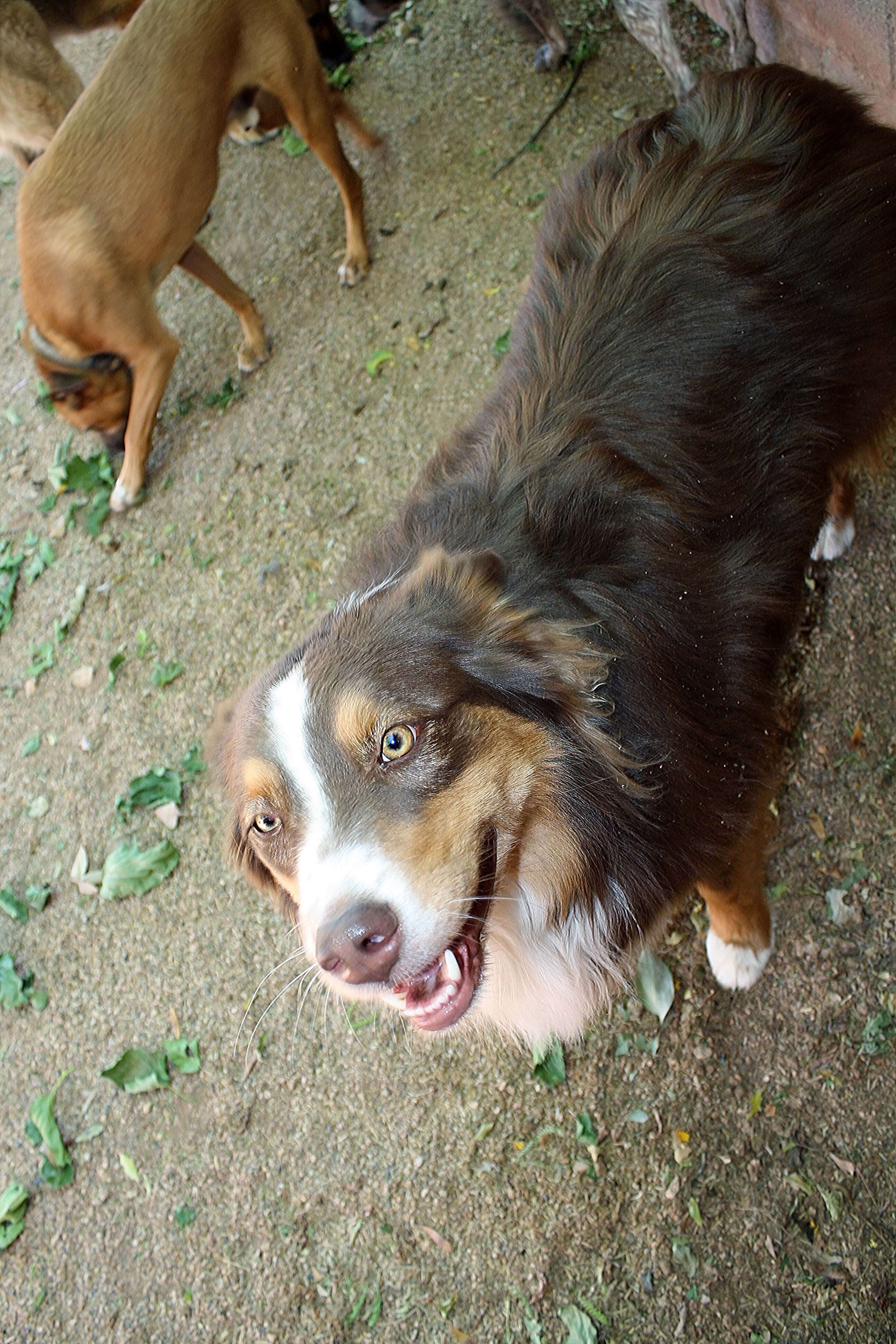5 Signs Your Dog Isn’t Feeling Well
We all love our four-legged friends and sometimes we may even think we can hear them talking to us but, unfortunately, they cannot speak to us. This means that even if they are feeling unwell they cannot communicate their discomfort or pain with words. With a careful eye and knowledge, we can learn signs and symptoms of pain or discomfort to watch for in our dogs so that we can know if they are unwell and better determine if they need treatment. Below are 5 signs your dog is not feeling well.
- Loss of Appetite / Weight Loss
- Much like you may not feel like eating when you are sick, dogs experience the same aversion. If your dog suddenly, and without cause (such as disruption to schedule or some other event), starts ignoring their food, or downright refusing it, they may be experiencing some sort of gastrointestinal upset or other illness.
- Lethargy
- Every dog has a different energy level so not all dogs should be expected to be boisterous, rowdy puppies all day long. But, whatever your dog’s normal activity level is, if they suddenly become lethargic – lying around all day, not lifting their head up to see who has entered a room, or sleeping far more than normal, it may be cause for concern.
- Change in Mood or Attitude
- Is your dog typically a happy-go-lucky pup? Or a mild-mannered companion? If your dog suddenly becomes aggressive, angry, or short-tempered it may not be because you have slighted them in some way, it may be because they are in some sort of physical pain. If they are in pain and being moved, played with or jostled in any way, they may become aggressive to protect themselves and reduce their pain.
- Change in Bowel Movements
- You may not want to examine your dog’s stool but it is an important indicator of your dog’s overall health. If your dog’s stool becomes loose or dry, it could be an indicator that your dog is experiencing a gastrointestinal upset or problem. If problems persist for more than 24 hours, it is time to visit the vet.
- Coughing, Sneezing or Panting
- All dogs cough, sneeze or pant from time to time but it should not be more than a few times in a row and then done, and it is typically brought on by something like running around. If your dog suddenly starts coughing, sneezing or panting it could be the result of respiratory distress from a variety of causes such as bronchitis, pneumonia, heart failure, an obstruction or more.

